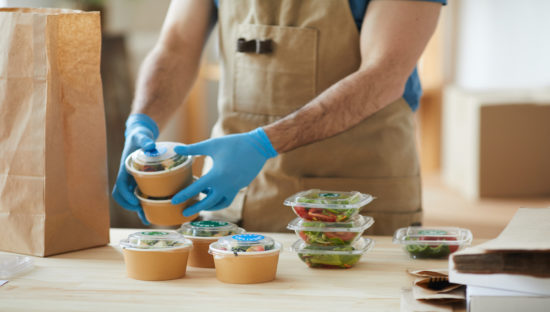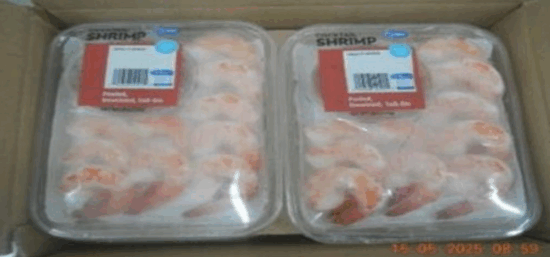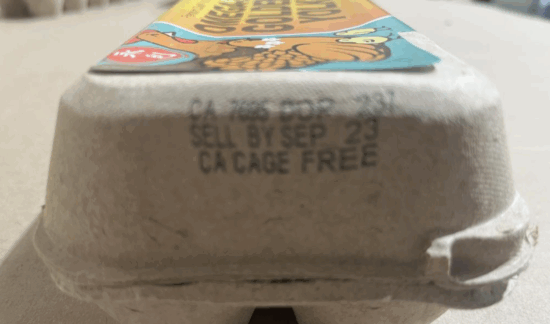On September 18 the world marks Global Glove Safety Day, led once again by food safety icon Darin Detwiler with specialist glove supplier Eagle Protect. But this year, it comes with a deeper urgency. While gloves are meant to protect, too many have become vectors of silent contamination — placing consumers, workers, and entire supply chains at risk.
This year’s theme is an unflinching reminder: “Don’t assume gloved hands are clean hands.
The issue is as personal as it is systemic. Darin Detwiler, who lost his 16-month-old son Riley to an E. coli infection in 1993, has since become one of the nation’s foremost voices in food safety reform.
“We assume gloves protect us,” Detwiler says. “But assumptions don’t stop pathogens. Standards do.”
When protection becomes the problem
The U.S. uses over 100 billion gloves annually, many of which are imported without regulatory testing or oversight. While they are designed to act as a barrier between pathogens and food, gloves themselves are often the contaminants.
A 2024 peer-reviewed study published in the Journal of Food Protection found microbial threats on a shocking number of gloves arriving in the U.S., including E. coli, Listeria and even Anthrax. In third-party testing of 2,800 gloves across 26 global brands, nearly half tested positive for fecal indicator organisms—proof that our food safety system may be starting in the red, before a glove even touches food.
From Invisible Threats to Visible Consequences
Peer reviewed studies have found contaminated gloves linked to:
● Infant deaths from Aspergillus-infected gloves
● Food recalls, which average $10 million in direct costs
● Associated brand damage, consumer distrust and potential legal liabilities
These aren’t isolated incidents: they are warnings ignored.
The fix is in our hands — literally
We know how to solve this. It starts with these four steps:1. 2. 3. 4. Train workers how to use gloves safely and change them properly; Demand transparency — buy only gloves that are independently audited and third-party tested; Insist on durability — Inferior gloves tear easily, increasing the risk of contamination; and Challenge procurement teams to choose quality over status quo.
“This isn’t about regulation, it’s about responsibility,” says Steve Ardagh, CEO of Eagle Protect. “You wouldn’t wash your hands in dirty water. Why accept gloves that are manufactured in it?”
A call to the food industry: Don’t let gloves be the weakest link
Every meal served is a matter of trust. And gloves…simple, overlooked, ubiquitous — are a front line in that trust.
On September 18, Global Glove Safety Day challenges food service, processing and healthcare leaders to re-examine the blind trust placed in their protective gear. It’s not just a safety issue. It’s a moral one.
“The cost of silence is counted in lives. Let’s not wait until contamination ends in tragedy to ask the hard questions. Let’s act now. Because food safety isn’t just policy: it’s personal,” Detwiler said.
About the sources: Darin Detwiler is an academic, advisor, advocate and author. His work and career as a food safety icon’is featured in the Emmy-award winning Netflix documentary “Poisoned: the Dirty Truth About Your Food.” Steve Ardagh is a glove industry expert with 20 years of global factory inspection experience and documented evidence of quality compromises during past tariff and supply chain crises.



